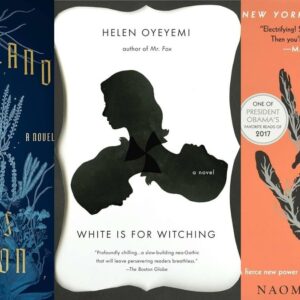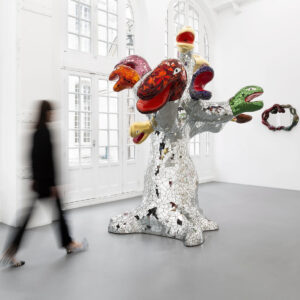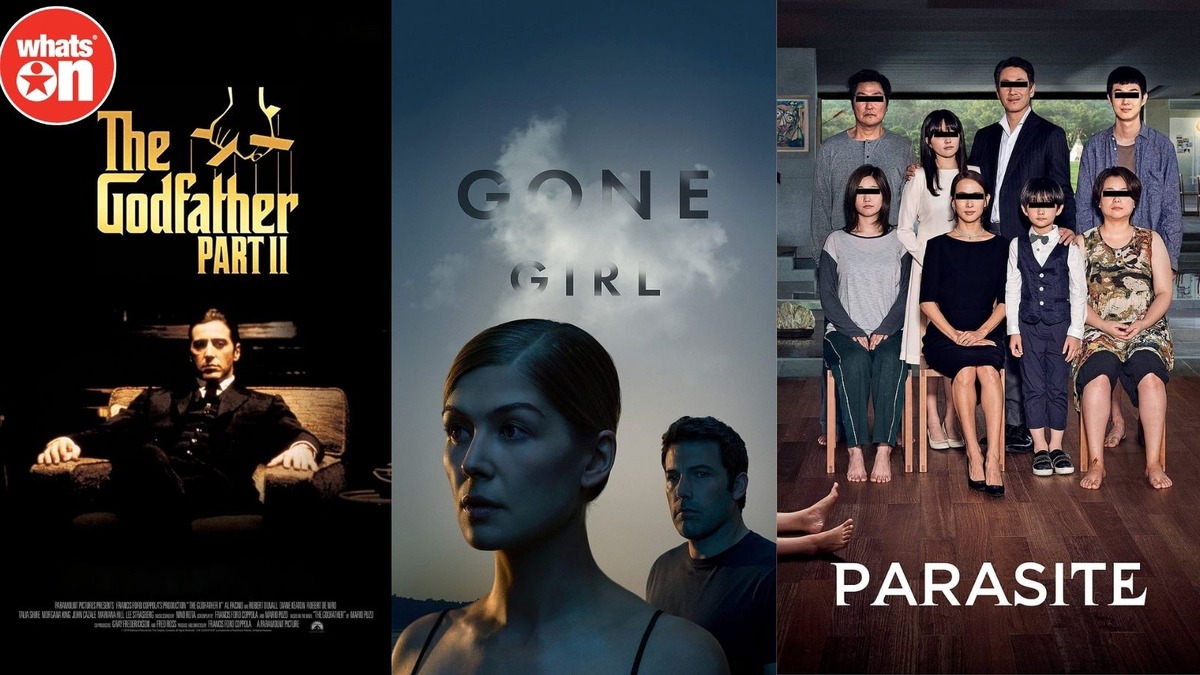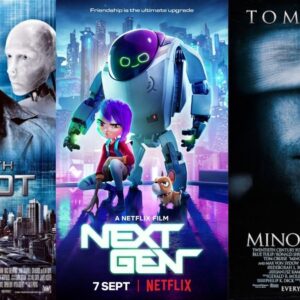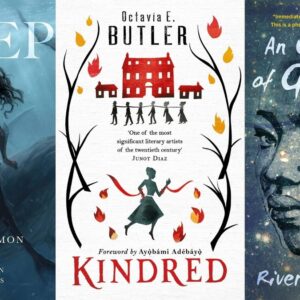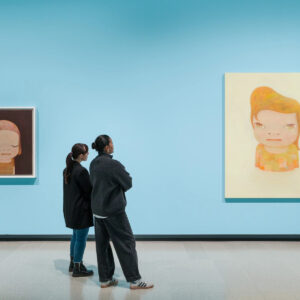Film Friday: 7 Great Films Without Any Heroes explores powerful stories where no one wears a cape, and every character is flawed. These morally complex films reflect the grey areas of real life. From crime classics to political dramas, this list dives into cinema’s most unforgettable anti-heroes and ethically messy stories. A must-read for lovers of dark, gritty storytelling.
1. No Country for Old Men (2007)
In the Coen Brothers’ bleak and haunting No Country for Old Men, there are no heroes—only people trying to survive in a world that feels increasingly senseless. The film follows Llewelyn Moss, who stumbles upon drug money, Sheriff Bell, who is too tired to fight evil, and the terrifying killer Anton Chigurh. Every character operates in a moral vacuum, unable or unwilling to make sense of the chaos surrounding them. The film’s refusal to offer comfort or closure mirrors the world it depicts—violent, random, and without redemption. Its message? Evil doesn’t always get punished, and good doesn’t always win. This Oscar-winning thriller strips away heroism and leaves you with pure dread and awe.
2. The Godfather Part II (1974)
Francis Ford Coppola’s The Godfather Part II deepens the morally complex world of the Corleone family. While Michael Corleone starts off with a belief in protecting his family, he descends into cold, calculated brutality, ultimately betraying his own brother. The film parallels his downfall with young Vito Corleone’s rise, showing how crime and power warp even the most well-intentioned. There are no heroes here—only powerful men justifying their cruelty as necessary. The film’s genius lies in how it makes you care for characters you morally oppose. It’s a masterclass in portraying corruption as a slow, inevitable process where everyone loses a part of their soul.
3. Parasite (2019)
Bong Joon-ho’s Oscar-winning Parasite is a dark social satire where everyone is both victim and villain. The poor Kim family deceives their way into jobs at the rich Park household, but it’s hard to blame them when the class divide is so extreme. Still, their actions aren’t heroic—they lie, cheat, and push others out of the way. The wealthy Parks, on the other hand, are oblivious and subtly cruel in their privilege. No one comes out clean. The film’s shocking climax shows the collapse of illusions on both sides, proving that systemic inequality corrupts everyone. It’s a cinematic punch to the gut that avoids heroes in favour of hard truths.
4. Gone Girl (2014)
David Fincher’s Gone Girl, adapted from Gillian Flynn’s novel, thrives on manipulation, lies, and toxic relationships. Nick and Amy Dunne are not people you want to root for—but you can’t stop watching them. Amy fakes her own disappearance to frame Nick, who has been unfaithful and dishonest. As the truth unravels, neither party is innocent, and the media frenzy only amplifies their moral decay. Their marriage becomes a performance built on mutual destruction. This is a story of two damaged people locked in a twisted game, where truth and justice are irrelevant. It’s a brutal dissection of modern relationships, image, and public perception—with no heroes in sight.
5. There Will Be Blood (2007)
Paul Thomas Anderson’s There Will Be Blood presents Daniel Plainview, one of cinema’s most chilling characters, played brilliantly by Daniel Day-Lewis. A ruthless oilman, Daniel manipulates, deceives, and ultimately destroys everyone in his path. He’s ambitious but emotionally hollow, driven by power and greed rather than any moral compass. His nemesis, the preacher Eli Sunday, is no better—his faith is performative and self-serving. As their rivalry escalates, the film becomes a portrait of the American dream’s dark underside, where ambition trumps humanity. By the end, you’re left with a man who has everything but no soul. It’s a masterpiece of moral emptiness, brilliantly acted and deeply unsettling.
6. Nightcrawler (2014)
Nightcrawler offers a disturbing dive into media ethics through the eyes of Louis Bloom, played by Jake Gyllenhaal in one of his most unnerving roles. Louis is a sociopath who thrives on filming violent crime scenes to sell to news channels. His lack of empathy and growing success show how capitalism rewards the most cold-blooded behaviours. He manipulates, endangers, and ultimately crosses every line—all while convincing himself it’s just business. No one around him is truly good, either; they’re complicit in feeding the cycle. The film critiques the media’s obsession with fear and spectacle, portraying a world where the camera operator is the real predator—and nobody’s a hero.
7. Dog Day Afternoon (1975)
Sidney Lumet’s Dog Day Afternoon tells the story of Sonny, a desperate man who attempts a bank robbery to pay for his partner’s gender confirmation surgery. Played by Al Pacino, Sonny is both sympathetic and frustrating. He doesn’t fit the mould of a criminal mastermind, and his motives are personal, not greedy. But he also puts lives at risk and loses control as the situation spirals. The crowd outside cheers him on as a folk hero, but the reality is far messier. The film doesn’t offer clean answers or moral clarity. It portrays real human struggle—messy, flawed, sometimes noble, sometimes reckless—without ever crowning a true hero.
For more Film Reviews, visit WhatsOn.guide

